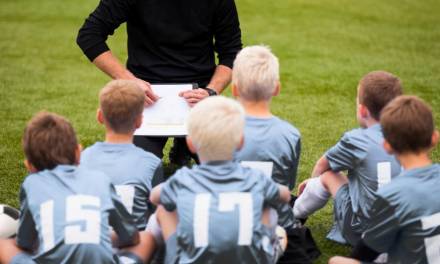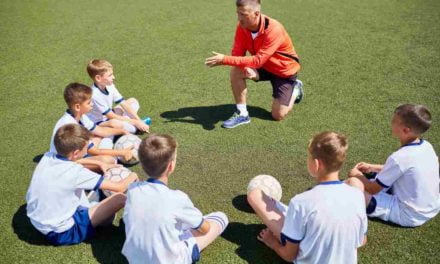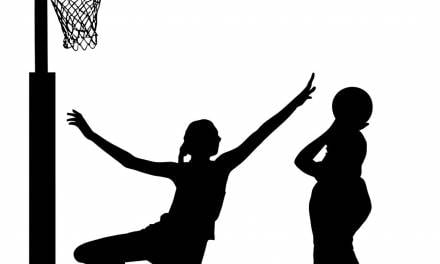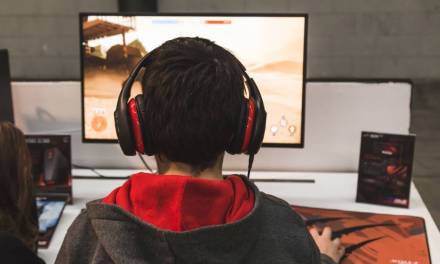When you are coaching athletes to participate in competitions, there is much more involved than simply working on improving their performance.
Depending on the sport and the type of competition, there will be a wide range of other factors that you will need to consider as coach.
Mental preparation and setting expectations
As an example, when coaching a runner for their first major race you will also need to set their expectations in terms of how the event will go.
Nerves can play a big part in competitions and learning how to not let them get the better of you is a key part of preparation.
Ensuring that the students know what to expect on the day; for example, details of who else will be competing or how many spectators are expected will help to set expectations so that they can prepare for the situation.
Using imagery and mental rehearsal will help athletes to build confidence, relax them and help them to focus on the task. The BBC Bitesize website outlines the importance of mental preparation:
To succeed and perform their best, athletes need to use their minds as well as their bodies. Mental techniques help to control emotions, manage stress and improve participation and performance.
When you are coaching students for a competition, you should walk them through mental preparation techniques for them to use before the event.
Training plans
Again, it will vary from one type of sport to another but in the lead up to a sports competition, training plans should be focused around reaching optimum performance on the day.
Competing in a marathon is a good example of how training adaptation is required to ensure peak performance during the event and coaches will need to research the best training plans relevant to the event.
Runner’s Tribe shared their findings from an analysis of top female marathon runners’ training plans. They all included on a weekly basis: a very long run, a medium long run and a repetition session.
Most covered around 100 miles per week in the lead up to the event. So even though they are training for an event covering 26 miles, their training plan did not just feature multiple runs of that exact length.
Their preparation was tailored to achieving the best results in the race.
For team sports, training plans should also include set pieces, planned moves, positional awareness and individual responsibilities.
Diet
Similar to training plans, diet plans should be developed in order to maximise energy stores for the event.
Different sports (i.e. endurance vs sprints) require different types of foods and different levels of calories to be consumed. In the Nutrition Guide for High Performance Rowers created by the GB Rowing Team, the importance of food is highlighted by Olympic Bronze medallist Moe Sbihi:
As a development athlete, it is easy to get drawn into taking supplements because it is perceived that that is what is needed to take you to the next level. However, healthy eating and regular habits are paramount.
They also recommend that meal plans are varied and contain a minimum of two portions of fish per week. Other meal suggestions include chicken with rice and vegetables, stir fry prawns with noodles and vegetables and omelette with salad.
Coaches should be working with athletes to develop and monitor a strict diet plan in the lead up to a competition.
Attaining optimum performance levels is of course the main objective as a coach but in addition to mastering the best techniques and practising to improve ability, these other factors are key in preparing your athletes for competition.










